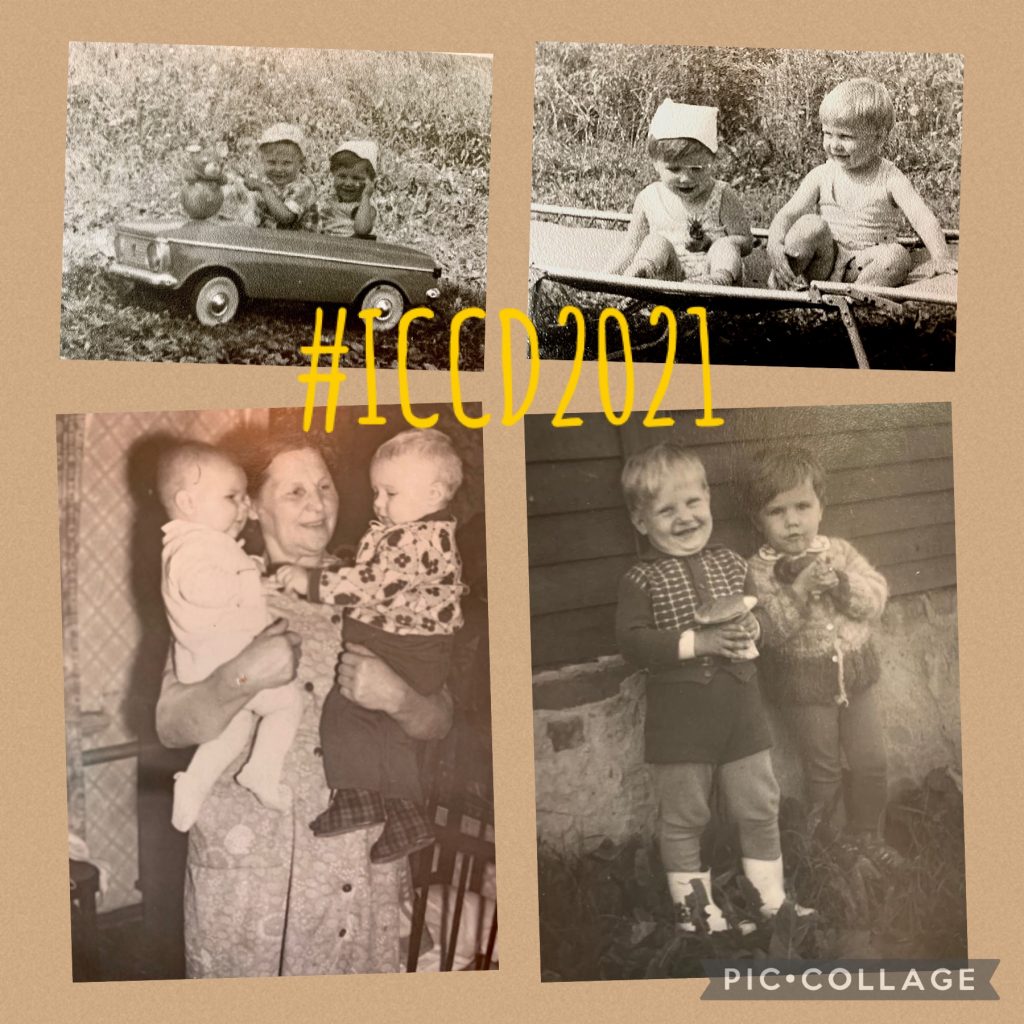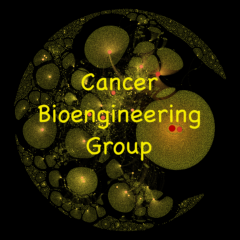Every year, we celebrate Childhood Cancer Awareness Day Internationally. Pre-COVID times, it was straightforward to do a coffee morning, a bake sale, or as we did a Hot Chocholate morning.
To be honest with you, I had almost no presence of childhood cancer in my life until I joined Prof Stallings lab in 2011. When I said ‘almost’, I meant during my adulthood.
My Dad had a younger brother, both started their families at the same time. Our families used to spend a good time together, holidays, birthdays and weekends together. Both I and my cousin Igor were born almost within a year. I remember our play days together but at the level of feelings and stories told by my parents. In the pic, we were held by my nanna.

I do not have a pic where we were 3- or 4-years old. No pic was taken after Igor was diagnosed with blood cancer. He was 1-1.5-year-old. He travelled 800km to the best paediatric oncologists to receive the most progressive treatment back then. It extended his time with the family by four years. But he lost his battle…
How much can remember a 1-, 2-, 4- years old? My last memory – Igor was sleeping in a neat coffin. Adults were muttering. I remember, a tear slowly rolled down from Igor’s closed eyes. I naively asked my nanny why did the dead cousin cry??? He did not want to leave us, – said my nanny softly.
Back then parents were not much informed on the disease, treatments, odds and alternative options. Igor was suffering, no pain relief options were available… No palliative care… Remember my nanny’s words: “These doctors had no hearts. All this child needed was a sense of peace, quiet time with his parents away from the hospital wards”.
Many things have changed since then. Eight out of 10 children with blood cancer are responding to treatment well, they reach adulthood, may even have kids of their own. However, there are some types of childhood cancers that do not respond well and can return to being more aggressive. Cancer steals the child’s future. One of the thieves is neuroblastoma, a solid tumour of undeveloped nerves.
Childhood cancer research is essential to return happy days to kids and their families. Many childhood cancer research charities do their best to secure funds and support researchers like me. It is vital to have a continuous investment in research that helps to understand the weakness of childhood cancer and develop new drugs designed exclusively for kids.
Today I want to thank 3 charities for their hard work: Children’s Health Foundation Crumlin, Neuroblastoma UK and the Conor Foley Neuroblastoma Cancer Research Foundation. And ask you, my readers, to donate to a childhood cancer charity of your choice.

